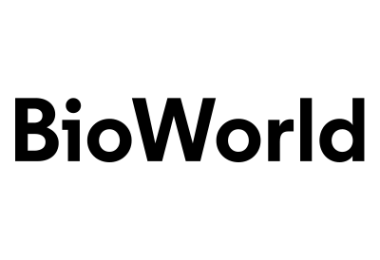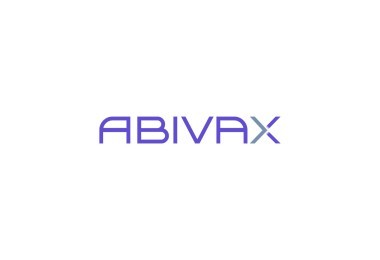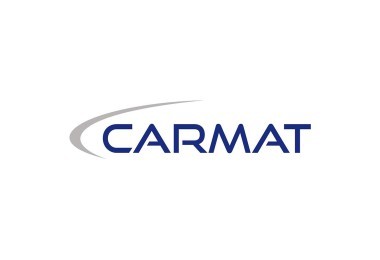
A secretive French biotech has imported a drug from Germany’s Merck KGaA that will leapfrog the small company right into mid-stage testing against cancer.
Diaccurate has in-licensed Merck KGaA’s M2698 — now dubbed DIACC3010 — a “PAM” inhibitor that is geared up for Phase II studies in both solid tumors and hematological malignancies, the French biotech said early Wednesday morning.
Financial terms of the deal were not disclosed, but Merck KGaA said in a release it chose to work with Diaccurate after a “highly competitive selection process” that rewarded the biotech’s “strong scientific background.” Merck KGaA will become a shareholder in Diaccurate as part of the partnership, the companies said.
DIACC3010 targets what’s known as the PAM signaling pathway — an umbrella designation covering the PI3K, AKT and mTOR kinases — and has shown preclinical and early human efficacy in crossing the blood-brain barrier, potentially offering benefit in neurological malignancies, Diaccurate said. The drug itself is a dual inhibitor specifically targeting AKT1/3 and p70S6, which Diaccurate thinks could have effect on a broad range of solid tumors and hematologic malignancies.
DIACC3010 does have some clinical data to show, but not much to get excited about on the monotherapy front. In a 101-patient Phase I test, the drug posted a 27.4% stable disease rate as a monotherapy in solid tumors with no partial responses reported. Two breast cancer patients in separate combo regimen arms posted partial responses but those data weren’t powered for efficacy. Meanwhile, the drug was mostly well tolerated on the safety front.
Diaccurate’s clinical plans, it says, are two-pronged: The biotech plans to launch a Phase II solid tumor program initially focused around triple-negative breast cancer and gastric cancers — both of which exhibit a high prevalence of PAM mutations — as well as blood cancers in which the PI3K pathways play a major role (potentially relapsed/refractory B cell and T cell lymphomas). Both of those studies are expected to launch in the second half of 2022, and Diaccurate said “further details on the clinical program will be provided in due time.”
“Diaccurate is laying the foundations of a successful modern biotech company with a new highly specialized portfolio approach,” co-founder Philippe Pouletty said in a statement. “This is an exciting agreement that will take the Company to the next level, bringing the best of medical science innovation to patients.”
Diaccurate is still a mostly unknown name: The biotech was co-founded by Paris-based venture firm Truffle Capital and is being advised by Tasuku Honjo, a winner of the Nobel Prize in Medicine in 2018. The company sports two other candidates — a KIF20A inhibitor chemotherapy and a CD4 immunotherapy — and said in a release it has existing partnerships with Merck KGaA, France’s Institut Pasteur and the Institut Paoli-Calmettes.





